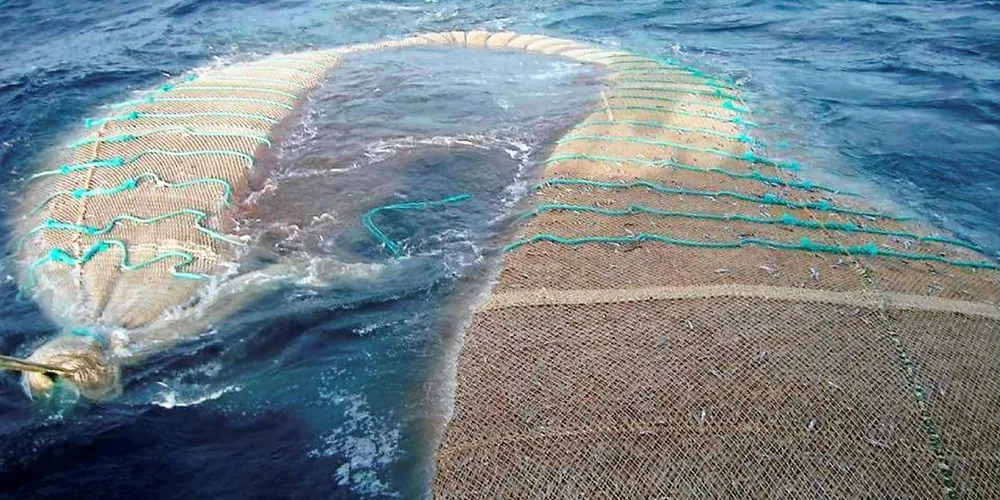'Squander the opportunity, and the market will walk': Aquaculture feed giants warn Coastal States ahead of blue whiting negotiations
Can talks to secure a quota sharing arrangement for Northeast Atlantic blue whiting satisfy feed suppliers?

Can talks to secure a quota sharing arrangement for Northeast Atlantic blue whiting satisfy feed suppliers?
